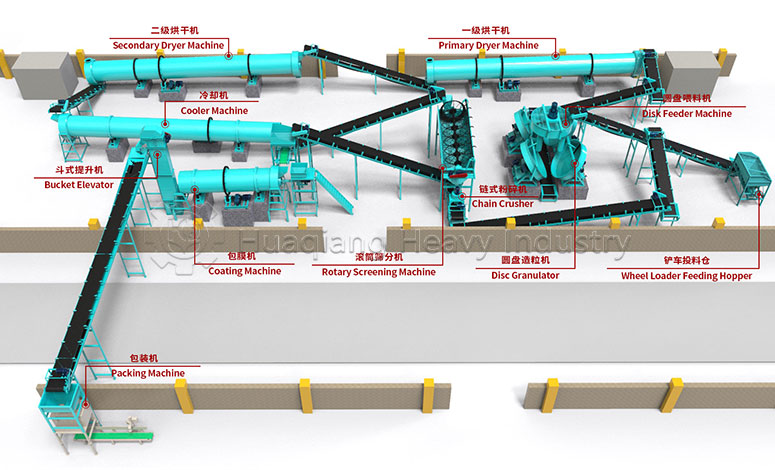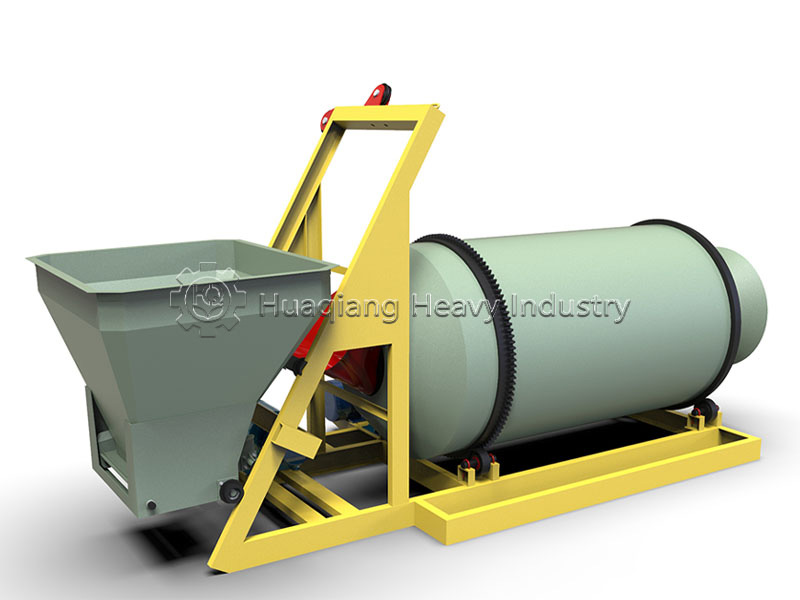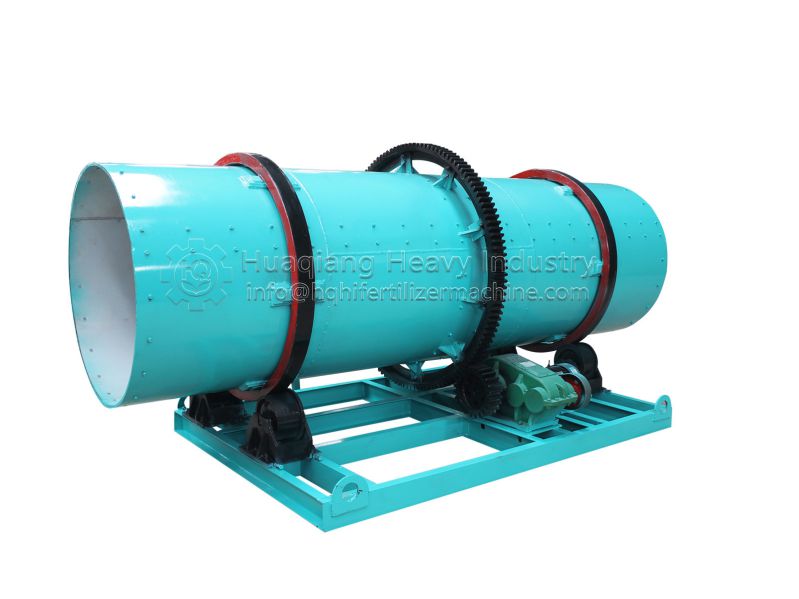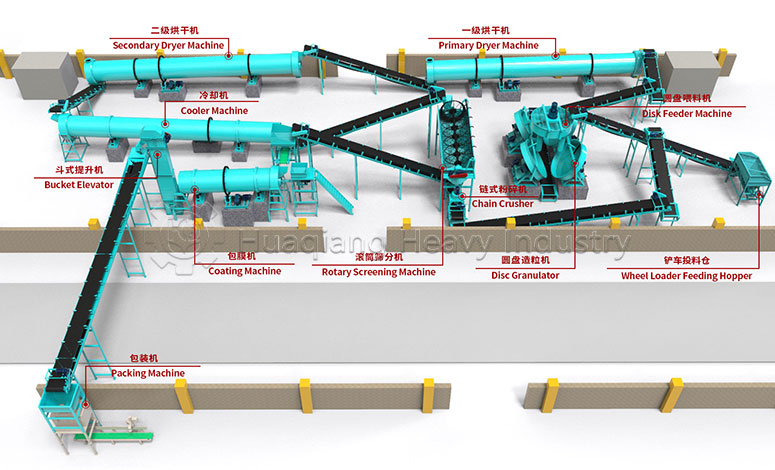Bulk blended fertilizers (BB fertilizers) are characterized by their flexible formulation and uniform nutrient distribution. The bulk blending fertilizer machine, as the core production equipment, is involved throughout the entire process, and its operation directly determines the mixing quality. The entire production process revolves around the mixer, efficiently producing qualified products in four main steps.
Raw material pretreatment is fundamental to mixing. Single fertilizers such as urea and potassium chloride, as well as trace element raw materials, are processed through a fertilizer screener machine to remove impurities and crushed to ensure uniform particle size (80-100 mesh), with moisture content controlled at 8%-12% to prevent caking. Then, a precise metering system weighs the materials according to the formula, with an error of ≤±1%, laying the foundation for uniform mixing.
Layered feeding and precise mixing are crucial. A double shafts paddle mixer or a BB fertilizer mixer is preferred, following the principle of “fine before coarse, light before heavy”: fine and light raw materials are added first and mixed at low speed for 1-2 minutes, then coarse and heavy raw materials are added, and the speed is adjusted to 25-35 r/min for continuous mixing for 5-10 minutes.

During mixing, uniformity must be monitored in real time. Samples can be taken from the sampling port and the coefficient of variation of nutrients can be tested using the “quartering method.” If it is >5%, the mixing time should be extended or the feeding order adjusted.
After mixing is complete, the material can be discharged and stored. The qualified fertilizer is transported from the mixer’s discharge port to a bulk storage silo, or packaged in bulk form, avoiding secondary pollution and segregation throughout the process. In summary, the bulk blending fertilizer machine, through a scientifically designed process, achieves efficient conversion from raw materials to finished products and is key to large-scale production.







